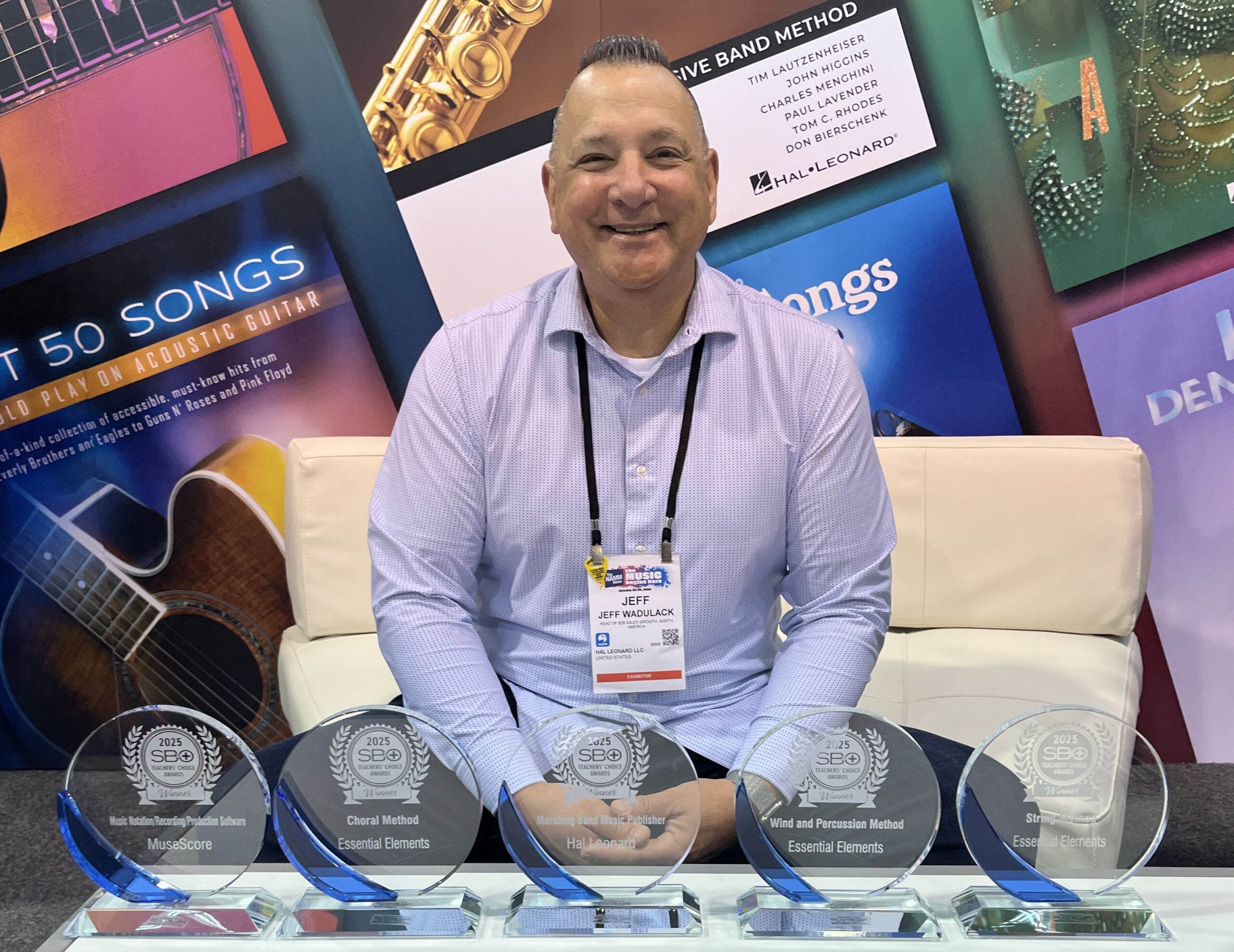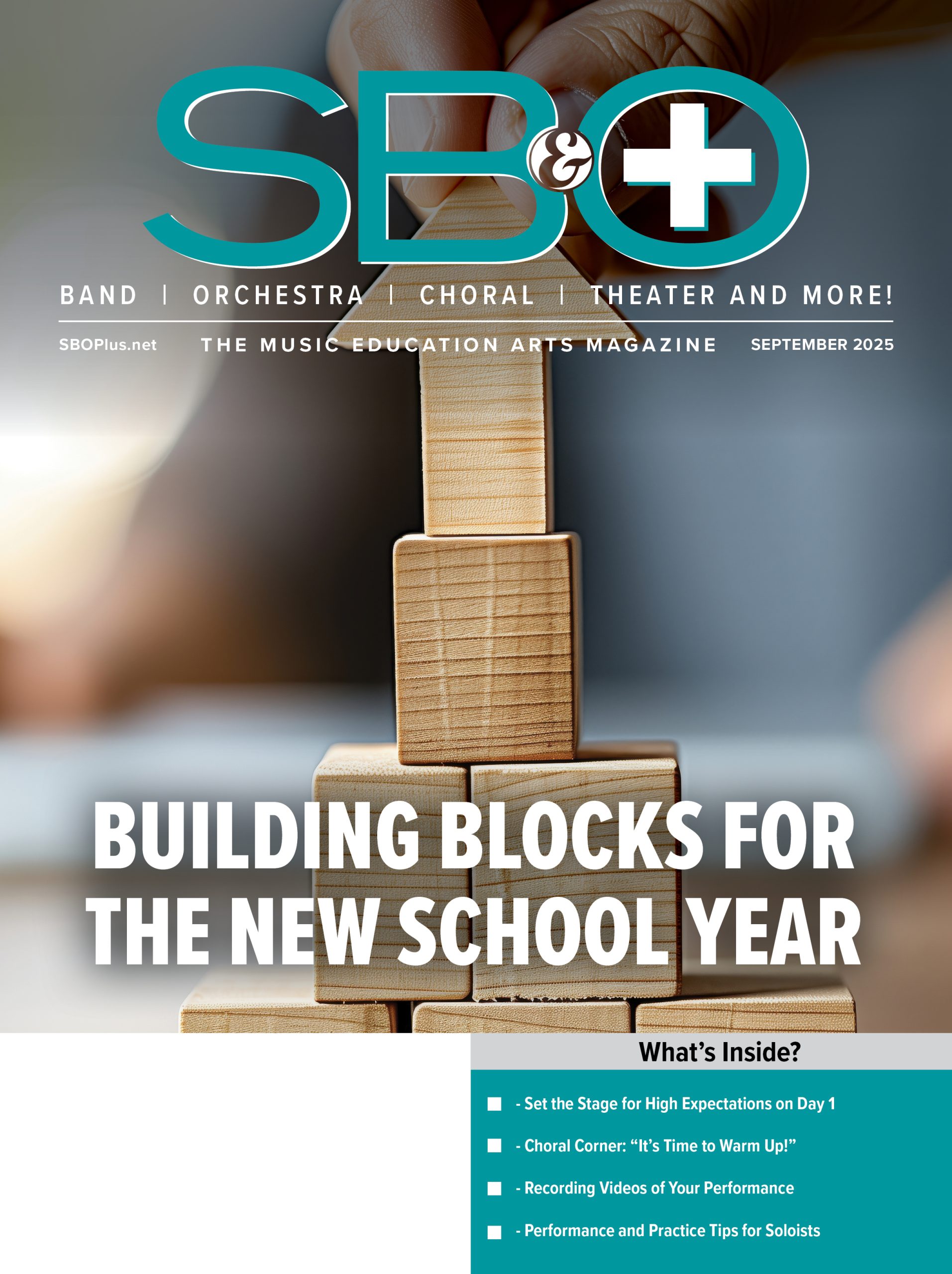 What happens when Grammy Award-winning flutist Wouter Kellerman teams up with Grammy Award-winning Soweto Gospel Choir and Kwazulu-Natal Philharmonic Orchestra?
What happens when Grammy Award-winning flutist Wouter Kellerman teams up with Grammy Award-winning Soweto Gospel Choir and Kwazulu-Natal Philharmonic Orchestra?
A perfect synthesis of voice and music, struggle and celebration, history and newly created, hypnotic and heart pounding. Floating above it all, like a mist, can be heard the ethereal sound of a flute. Symphonic Soweto-A tribute to Nelson Mandela truly is a beautiful tribute to one of history’s most admirable men. An album where the heart and soul poured in to its creation can be heard and felt, just as the suffusion of Nelson Mandela’s inspirational life have imbued people of all races around the world.
Music inspiration is taken “from the time of oppression and the period of liberation and the journey between these – in short, telling the story of Soweto through its musical classics. By selecting from a historical repertoire, the trajectory of South African history is explored. This project strives to pave the way, musically, for the vision that Mandela had of social cohesion and global humanism. In Soweto, there is a tradition of storytelling in music: in this album, the choice of songs by popular musicians from the Apartheid era tells of a history of both struggle and ultimate celebration, while also recognizing these musicians as part of our cultural, musical legacy.” —SoundCloud
Wouter Kellerman lives in Johannesburg, South Africa. He has won one Grammy, six South African Music Awards (SAMA), has had number one hits on Billboard Charts as well as No. 1 on the ZMR Top 100 International Radio Airplay Chart. He is also the producer, song writer and flutist of Symphonic Soweto that was two years in the making. He was kind enough to make the time for me to interview him about it.
What inspired this project?
My whole life, the person that I’ve looked up most is Nelson Mandela. On my last album, I started working a bit with a Soweto Gospel Choir. We just did one song together on my album, [Grammy-nominated] “Love Language.”
Then, we informally discussed what to do next. We had a meeting with the Nelson Mandela Foundation. They mentioned that next year is Nelson Mandela’s centenary of his birth and encouraged us to do something to celebrate that. So, Bev [the choral director] and I spoke [with] a few other people, and the ideas slowly took hold. We started working, doing some research, deciding what to put on and speaking to a lot of people and stakeholders and, eventually came up with a concept.
He [Nelson Mandela] is quite the inspiration for a lot of people.
Yes, he’s just absolutely a role model. You know, he spent 27 years in jail. He came out of jail, and he was such a generous, forgiving person. He became a leader for all of these people, even the people who persecuted him and put him in jail. And everybody thought of him as the leader. He just has that forgiving nature. The whole concept of tolerance is what we want to spread with this album; the idea of tolerance and social cohesion, making space for each other. He’s just the perfect example for that. And I think it is an example, and an idea, and a concept, that’s very much needed in the world today.
It sounds like there are quite a few people involved in this project.
Yes. There’s a lot of people involved. In the initial research, we got George Mxadana involved. His wife was Nelson Mandela’s personal assistant when he was president. And so, we asked him to help us put the songs together, because we decided to do some popular songs that celebrates Soweto or Nelson Mandela. And then, we decided to do some struggle music; you know, the struggle music of the time, of Mandela’s time. There’s a lot of struggle music out there. It was quite a big process to decide which ones and how they would work. And so, that was the first research period.
Once we went ahead, I found an arranger that I thought would be perfect for every song, that would arrange the symphony orchestra parts. And I worked closely with them. So basically, it’s the arrangers, and the whole symphony orchestra, the choir, myself, the rhythm section, and a whole lot of guest artists, as well.
It took two years. Correct?
Yeah, it took a year of research and of conceptualizing, and then a year of recording. Pretty much full-time. There’s three legs that the project stands on. The one is popular songs, second one is the struggle music, and the third one is new music that we wrote, particularly for this. So, yeah. It was a huge job to put it all together. It nearly killed me, but I’m still standing.
What were you trying to achieve when you began this? Was it to win a Grammy?
The main aim of the project is to make beautiful music. That’s always my first aim, and then, also the tribute to Nelson Mandela.
Did you ever meet him?
No. I would’ve loved to meet him, but I never had the chance. The closest I came was when they asked me to perform a song that I wrote for him, a solo flute piece, five minutes of solo flute, for a stadium of 80,000 people on Nelson Mandela day. He was already very sick then, so he was watching from his hospital bed. He got to see me perform my song that I wrote for him.
That’s really special! What were some of your challenges when making this?
Oh, we had so many challenges. It was really unexpectedly hard to make it because the South African choirs like to sing flat. They sing just under the note. It’s the way they sing. They sing with so much passion, that the passion lifts the note up, and it feels like it’s in tune, but it’s really just under the note. And it changes from just under the note to in-tune to just under the note. But they’re very seldom sharp. The standard pop tuning, or the standard worldwide tuning, is a frequency of A of 440 Hertz. But symphony orchestras all over the world play slightly sharp. In South Africa, they’re played at 442 Hertz. Many orchestras in Germany play at 444. Many English orchestras, 442. So, the orchestras tend to play just a touch sharp. It just gives it a little bit of extra excitement to the music. It just feels a touch more exciting.
So, we have the choir and the orchestra, tending in different directions in their tuning. And we had quite a few problems, initially, to sort that out. We eventually figured out the sequence of recording and how we can do it. We also had to do quite a bit of post-production work on the songs to make them sound beautiful. It was unexpected. It was really a lot of work. Also, I think just inherent in such a big project, there’re so many moving parts, that it becomes a huge logistical challenge to put it together. And musicians, to just get them all together and to create, to leave space for creativity, while organizing everything, was not that easy. So, it was really hard to put it together. I spent much more time than I thought it would need. But in the end, it came out beautifully. And I’m very happy that we have the extra speaker. We added the extra speaker capacity to spend on it and to make sure it comes off.
Do you think the average listener would have noticed that the choir sings a bit flat?
No. The African tuning is different than the Western tuning, and that’s the charm of it. You shouldn’t fix it because that’s what makes it beautiful. The Western tuning is a compromise. It’s not perfect. The African tuning, I think, is closer to perfect. So, there are all these different tuning systems that have very subtle differences. But the art of this is to allow the choir to do its own thing and to tune in its way that it wants to.
So, basically, what we did is we recorded the rhythm sections first, then recorded the orchestra with that in their ears, and then add the choir. So they have the orchestra and the rhythm section in their ears, and now, they can do their creative tuning on top of that, and it works beautifully. You know, so it’s not perfect tuning, but it’s actually more than perfect. What I’m saying, it’s artistically and musically perfect. But if you look at it technically, according to the Western system, it’s not perfect. But in my ears, and when you listen to it, it sounds perfect.
Why did you choose to work with the Soweto Gospel Choir?
They are an incredible choir that loves music and that is driven by passion. Every rehearsal is a joyful experience. I worked with them before and it had been lovely, so it was a natural progression to extend our collaboration and do a whole album together.
In Africa, music and dance was never separate – people move when they sing and sing while they move, so the choir is always dancing while singing – I think that does bring a passion that one can hear in the music.
Do you see more projects with the Soweto choir in your future?
Yes, I love working with them. They are just magical.
Do you have a favorite song on the album?
Yes, I have a personal favorite. It’s called, “Soweto Travels.” It’s a song that I wrote for Soweto. In South Africa, we have 11 official languages, out of which 9 are black languages. We actually have more, but only 9 official languages. And every language has its own culture, and its own dance, and its own music. I wrote the song, thinking of a magical, virtual trip that I took through Soweto. And upon meeting all the different people who live in Soweto, upon meeting every person, I was able to flash back to a thousand years in their past and get a feel of where that culture comes from. So, I wrote this song with that in mind.
It was quite a risky out of the box song, in a different time signature that the choir has never sung in before. And it could have gone wrong, but it came together very beautifully. And so that’s probably my favorite.
You’re quite established. Do you still get inspiration from other musicians?
Yes, I’m inspired everyday by other musicians. I listen very widely. I listen to a lot of music. And most of the musicians that inspire aren’t even well known, you know? We’re part of the Grammy process now, and people have been sending me their albums to listen to. And there’ve been some really beautiful ones that I’ve absolutely loved.
The world is a smaller place than it’s ever been before. People are influenced by different cultures, different genres, and it’s becoming more and more difficult to put music in a box because everybody’s crossing genres. Everybody’s influenced by something else. I think it’s a pity you have to box it, but it’s a reality that you have to say what the music is, you know?
Sandra Kowalski is a freelance writer traveling around the world and writing about her adventures. wordsworthysandra@gmail.com. Photo from SIPHIWE MHLAMBI / ASM.
























